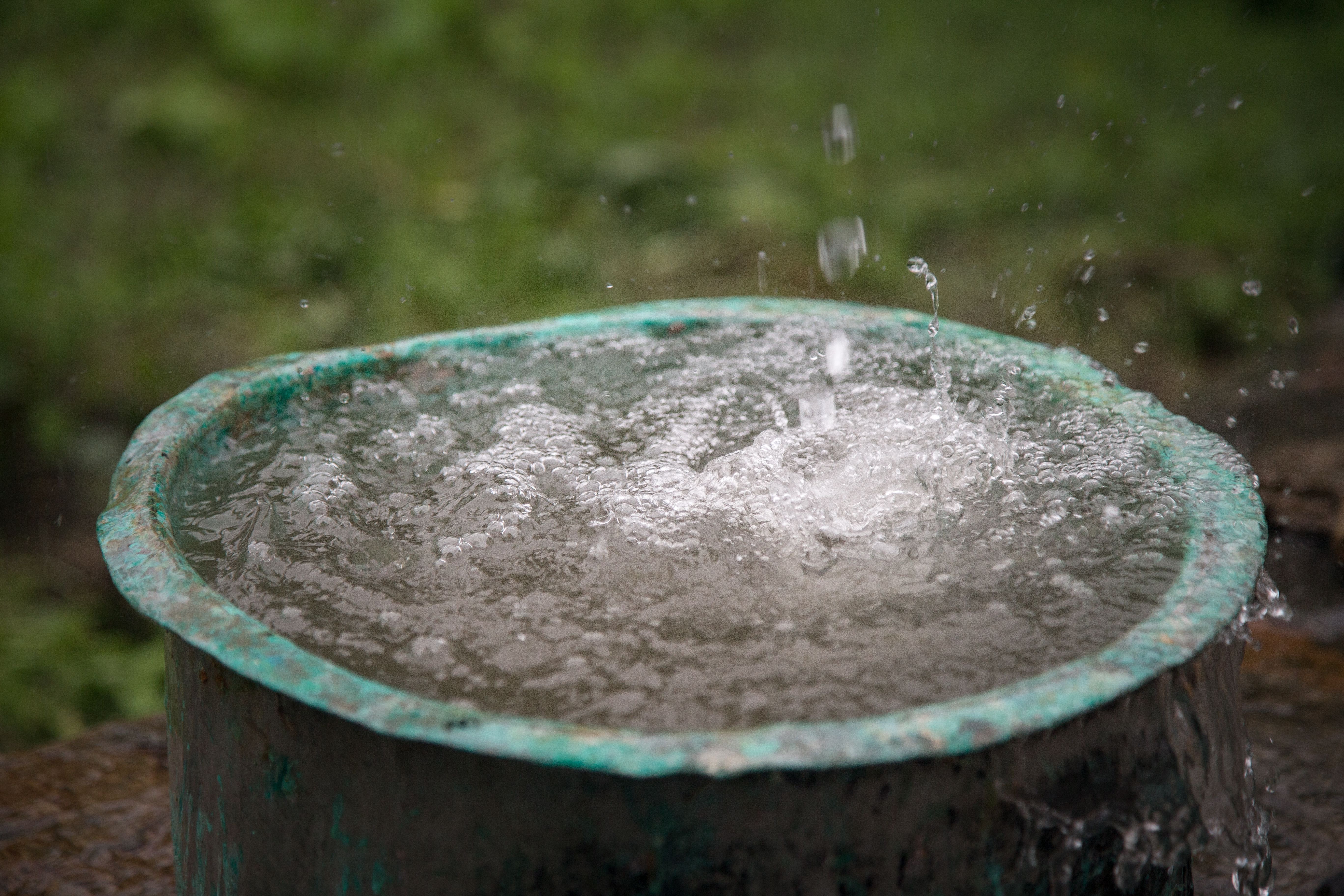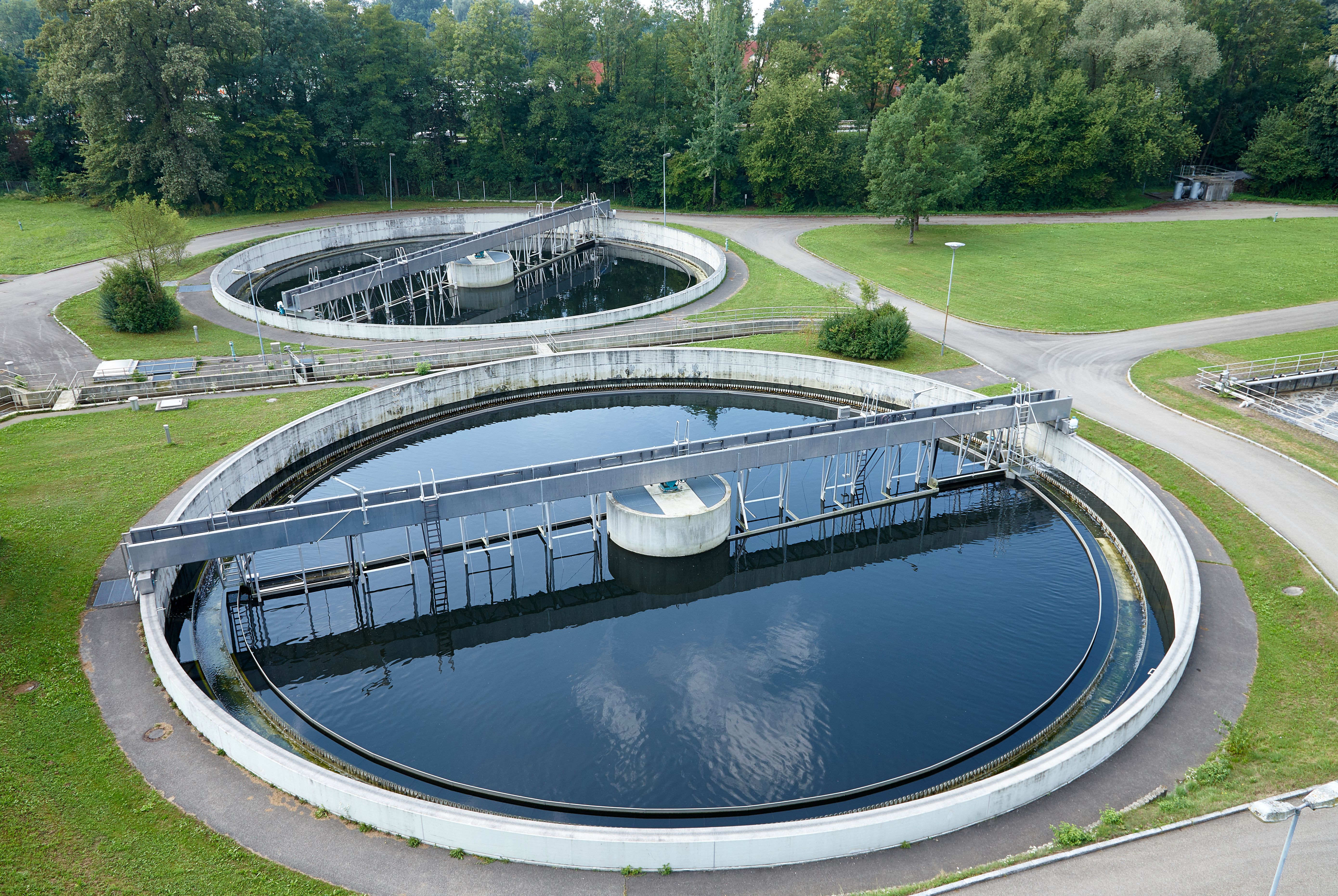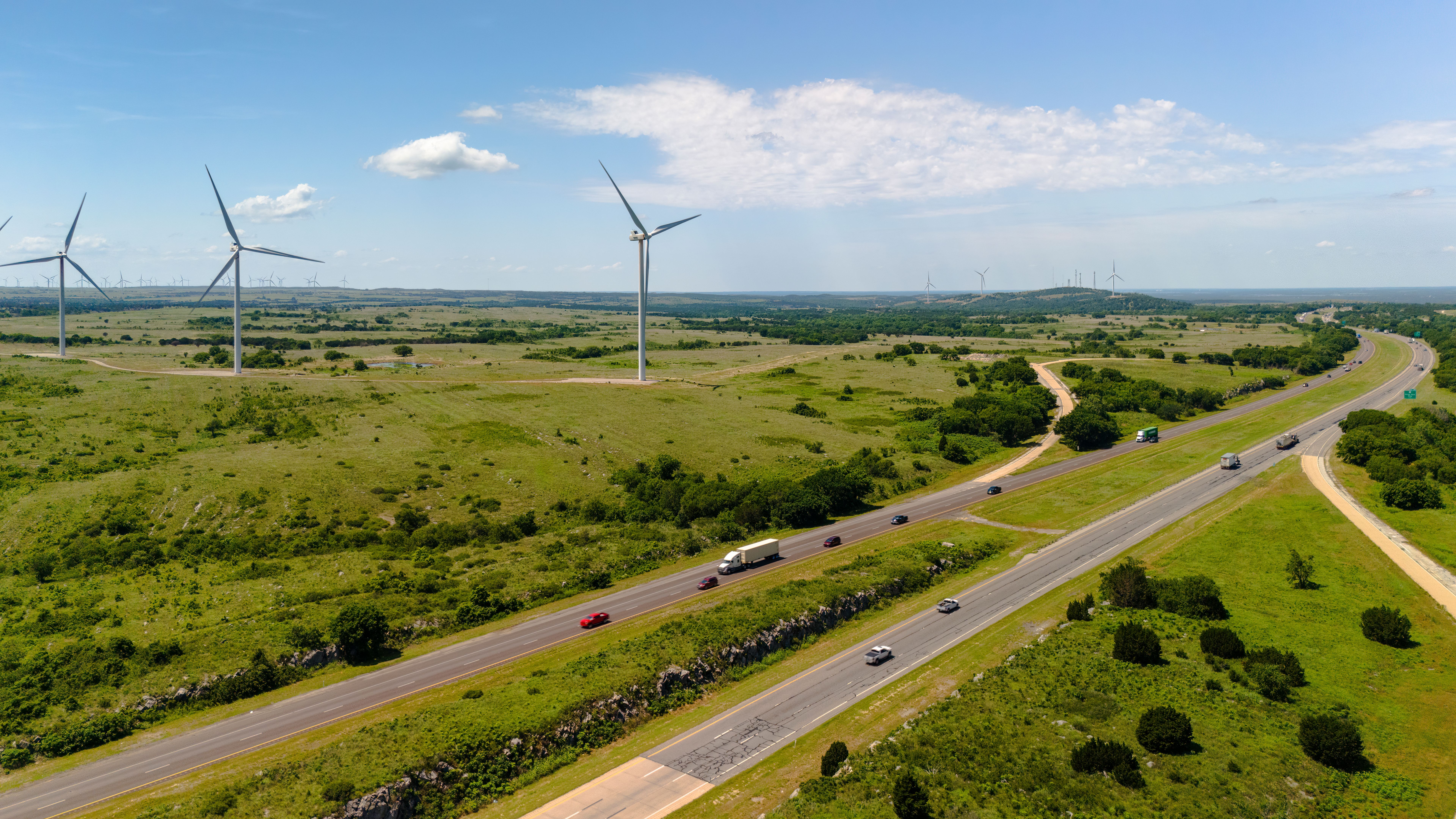Cisterns: A Solution for Water Conservation in Ghana
Understanding Cisterns and Their Role in Water Conservation
Cisterns have been used for centuries as an effective method for water storage and conservation. In regions where water scarcity is a critical issue, such as Ghana, cisterns offer a practical solution to collect and store rainwater. These systems are not only cost-effective but also environmentally friendly, providing communities with a reliable water source during dry seasons.
In Ghana, where the climate can vary drastically from wet to dry, cisterns help bridge the gap by storing water collected during the rainy season for use when water is scarce. This system not only aids in water conservation but also ensures that communities have access to clean water year-round.

The Benefits of Using Cisterns
The use of cisterns in Ghana offers numerous benefits. Firstly, they help reduce dependency on traditional water supply systems, which can be unreliable due to infrastructure issues or seasonal changes. By having a personal or communal cistern, communities can maintain a consistent water supply.
Additionally, cisterns contribute to environmental conservation. By capturing and using rainwater, they decrease runoff and erosion, which can lead to soil degradation. This is particularly important in agricultural regions where soil health is crucial for crop production.

Cost-Effectiveness and Sustainability
Installing a cistern can be a relatively low-cost endeavor, especially compared to drilling boreholes or other traditional methods of accessing groundwater. The materials needed for building cisterns are often locally available, reducing costs further. Moreover, maintenance is minimal once the system is set up, making it a sustainable option for long-term water management.
Sustainability is a core advantage of cisterns. By providing a renewable water source, they help reduce the strain on local water resources. This is particularly important in areas facing the challenges of climate change, where water availability may become increasingly unpredictable.

Implementing Cistern Systems in Ghana
For successful implementation of cistern systems in Ghana, it is essential to involve local communities in the planning and construction process. Education on the benefits and maintenance of cisterns can empower communities to take ownership of their water resources and ensure the longevity of the systems.
Partnerships with government bodies, NGOs, and private sector companies can also facilitate the growth of cistern usage. These partnerships can provide funding, technical expertise, and resources necessary for widespread adoption of this water conservation method.
The Future of Water Conservation in Ghana
As Ghana continues to develop, addressing water scarcity will remain a top priority. Cisterns provide a viable solution that aligns with sustainable development goals by ensuring access to clean water while promoting environmental stewardship. By investing in cistern technology and infrastructure, Ghana can secure a more resilient future against the uncertainties of climate change and population growth.
Ultimately, promoting cisterns as part of a broader strategy for water conservation can lead to improved quality of life for many Ghanaians. With community engagement and continued support from various sectors, cisterns can become a cornerstone of sustainable water management in the region.